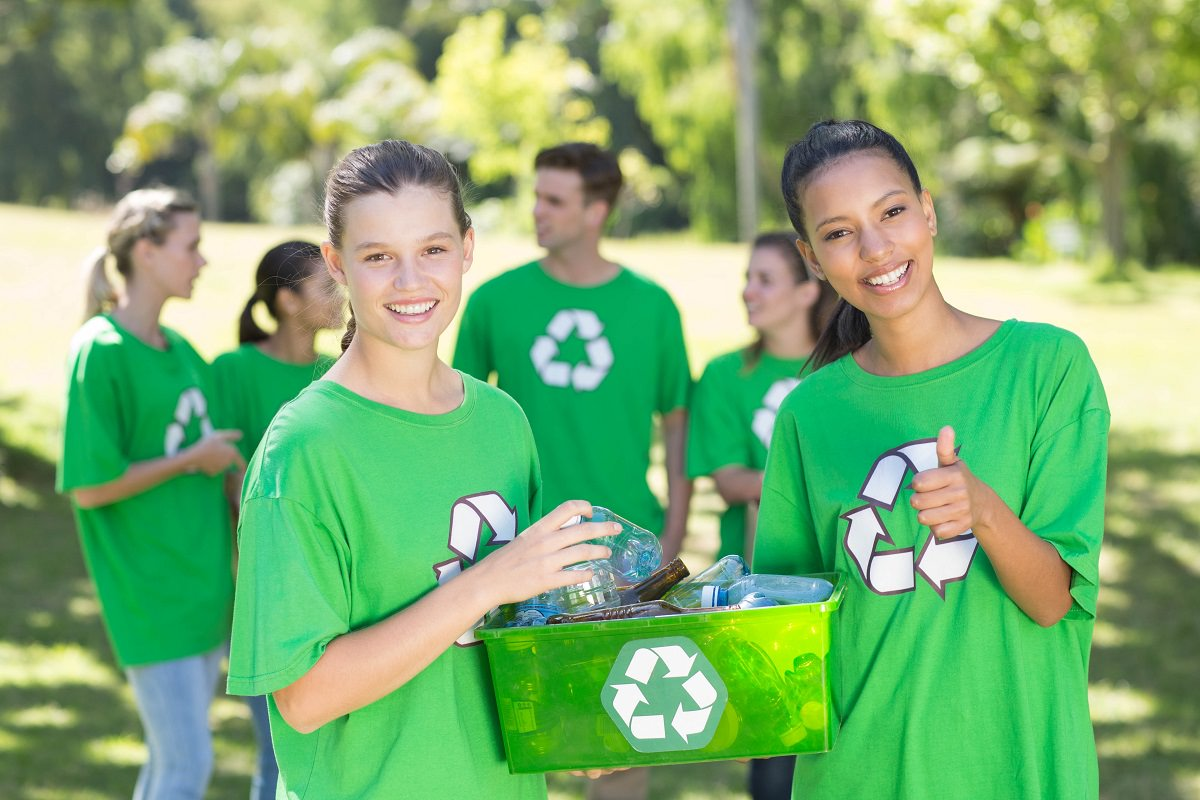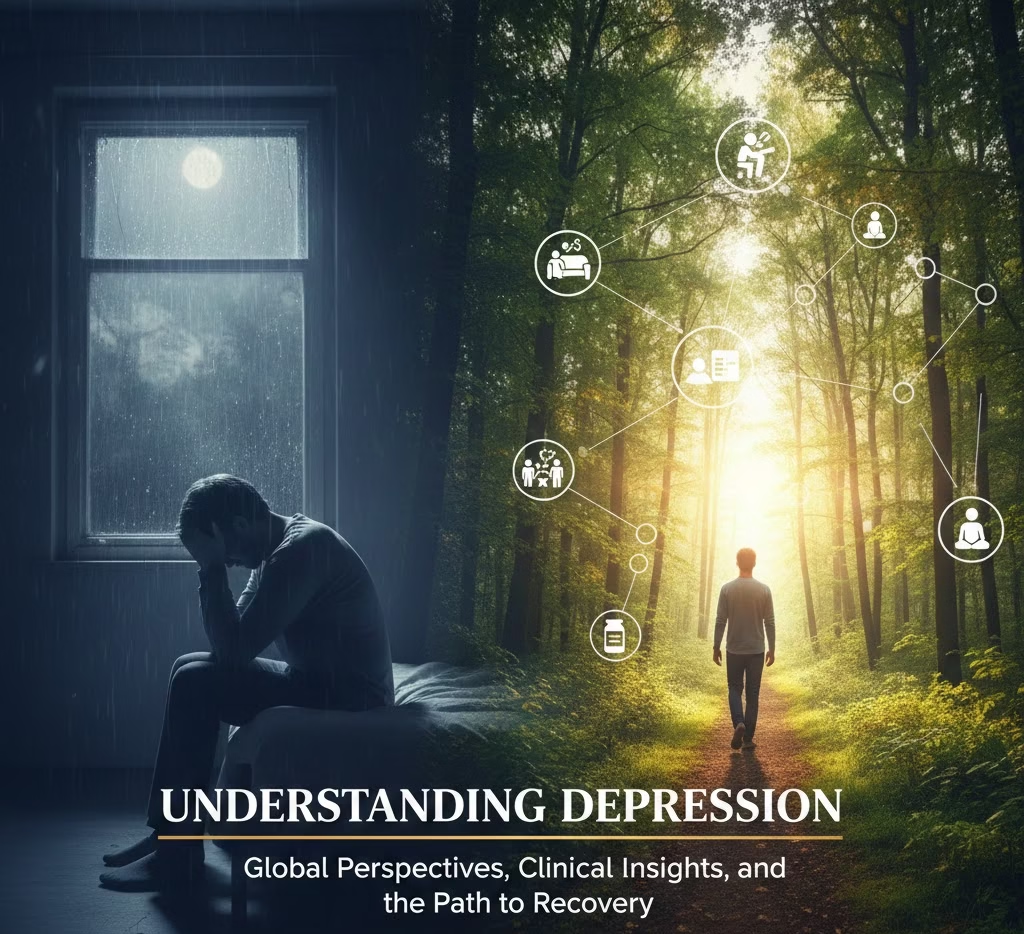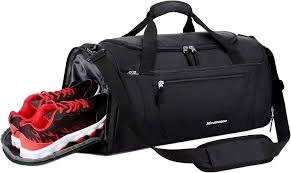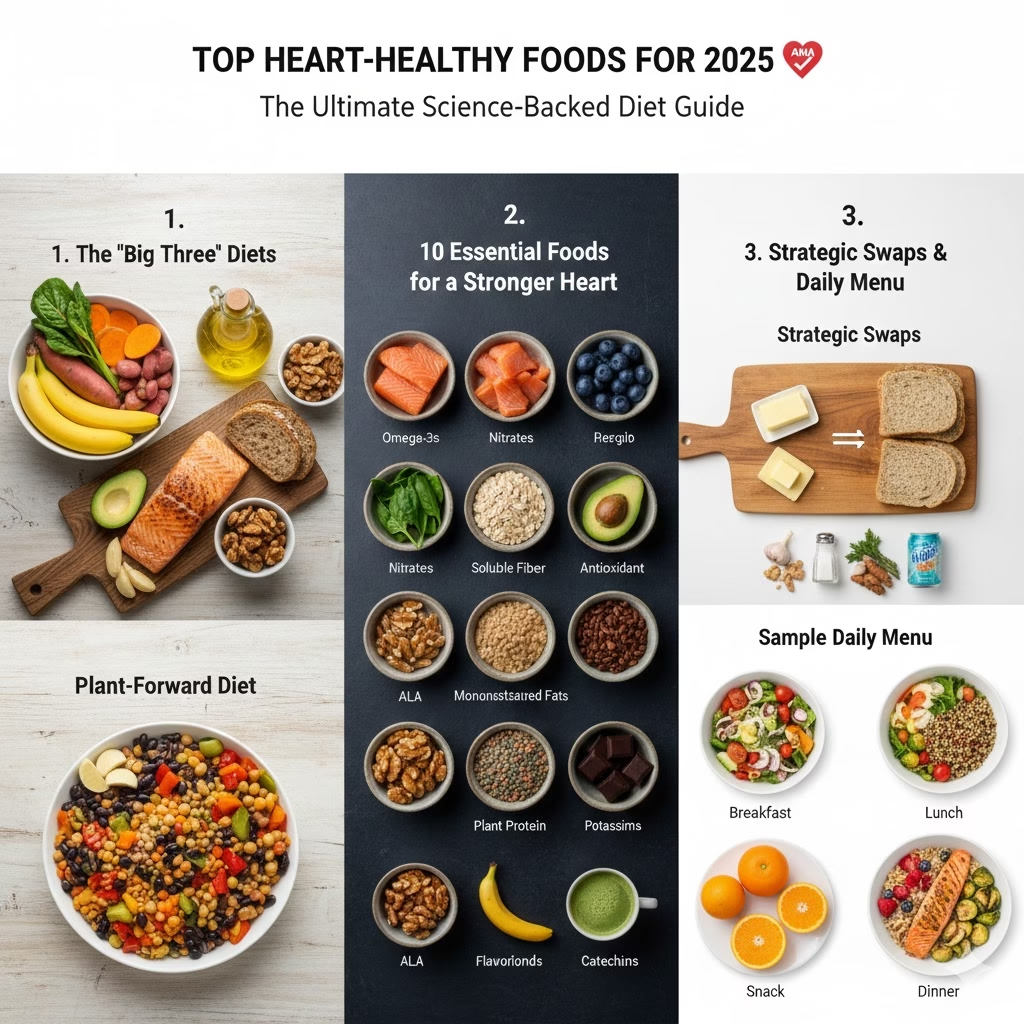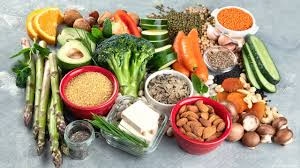
Recycling is not simply tossing old bottles and boxes into a blue can and voilà. It’s the little thing that makes a big difference, for our health, our planet, and the future of our communities. Done correctly, recycling saves natural resources, reduces pollution, and keeps toxic materials out of landfills and incinerators.

According to the U.S. Environmental Protection Agency, recycling reduces the need to extract new resources like timber, water, and minerals, helping create a healthier planet for us and future generations.

With all that said, let’s face it: recycling is confusing. What’s accepted in my town may not be accepted where I’m visiting. Fortunately, with a little bit of expertise, you’ll be able to navigate the regulations with ease and stay away from the most frequent pitfalls.

Let’s begin with the fundamentals. Most curbside recycling collections collect clean, empty plastic bottles and containers, aluminum cans, glass bottles and jars, dry paper, newspaper, junk mail, and cardboard. The word is clean here. Food particles and liquids will contaminate otherwise recyclable material. Plastic lids can normally remain on, but it’s always a good idea to check your to make sure the cardboard is dry, crushed, and grease-free. And yes, even pizza boxes can be recycled, only if they’re not drenched with cheese or oil.

Now here’s where things get confusing. Just because an item carries a recycling symbol doesn’t mean it gets tossed in your bin. Plastic bags are a good example. They tend to jam machinery at the recycling centers and should not be put in your curbside bin. Instead, take them to your local supermarket where they’re processed correctly. The same applies to plastic wrap, tarps, and film.

Although it may make sense to recycle items such as outdated electronics, batteries, or light bulbs with your regular recyclables, they must be treated differently. Most communities, such as Douglas County and Pompton Lakes, have separate drop-off locations for these types of items. See if your community has a collection station or sponsors special collection events for electronics and hazardous waste.

Local regulations do make a big difference. In Hillsborough County, for instance, there is a blue cart program with a defined list of acceptable materials. Pompton Lakes recycles alternating weeks, commingled materials, and cardboard. Some communities request that you take the lids off glass jars, while others request that you leave them on. If you reside in an apartment or a condo, your complex probably has its recycling system, or possibly you would have to take things to a community drop-off point. If you are unsure, it’s best to call your local trash service or check out your town’s website for the most current information.

Let’s also dispel some of the common errors that even the best of recyclers can fall prey to. Shredded paper, tissue paper, and paper towels can’t be recycled. Pizza boxes soaked in grease, should go in the trash. Same goes for ceramics, drinking glasses, as they don’t belong in your regular waste bin. Old pots, pans, and silverware? If they’re still usable, consider donating them. If not, check with your town to see if there’s a place to recycle scrap metal. And don’t forget: aerosol cans, motor oil containers, and anything labeled hazardous waste must be disposed of at a suitable drop-off facility.

Some things are a bit tricky. For instance, not everything that is plastic can be recycled. Most places only accept plastics that have the number around 1, 2, or 5 microns on them. Plastics with the numbers 3, 4, 6, or 7 microns are usually not accepted and will probably end up in the dump. Although it may be tempting to recycle anything that seems paper, like carbon paper, wax-coated paper, and napkins, they should be excluded.

If you want to take it up a notch with recycling, try recycling apps like Recycle Coach.It can send reminders for collection days and assist you in determining what goes into each container. Some municipalities even offer biodegradable bags for yard trimmings, which is convenient and keeps everything tidy.

Doing recycling right essentially boils down to a handful of habits: being detail-oriented, keeping current on local regulations, and taking the time to rinse, sort, and double-check before you dispose of something in the trash. It’s a tiny effort that translates to a huge difference for the environment and the health and well-being of those around you.

So the next time you’re hovering over the recycling bin, just take a second to double-check that you’re doing it correctly. Your future self will thank you.
